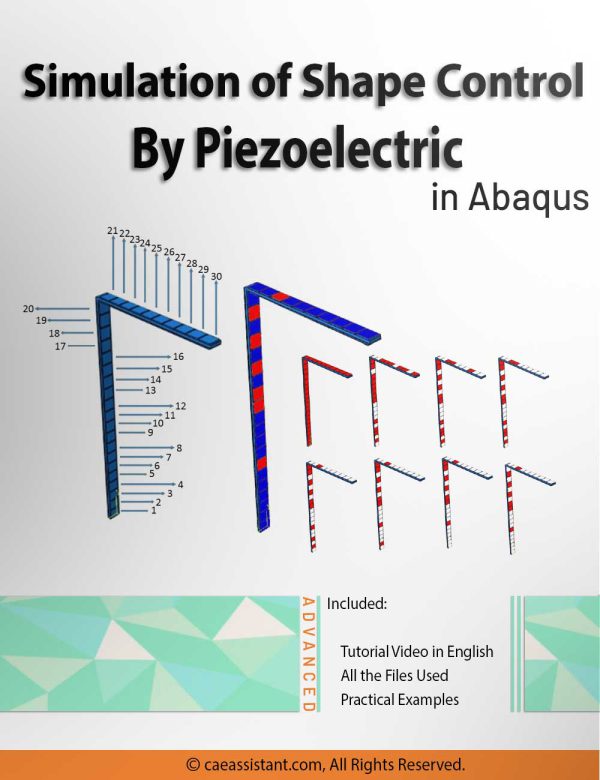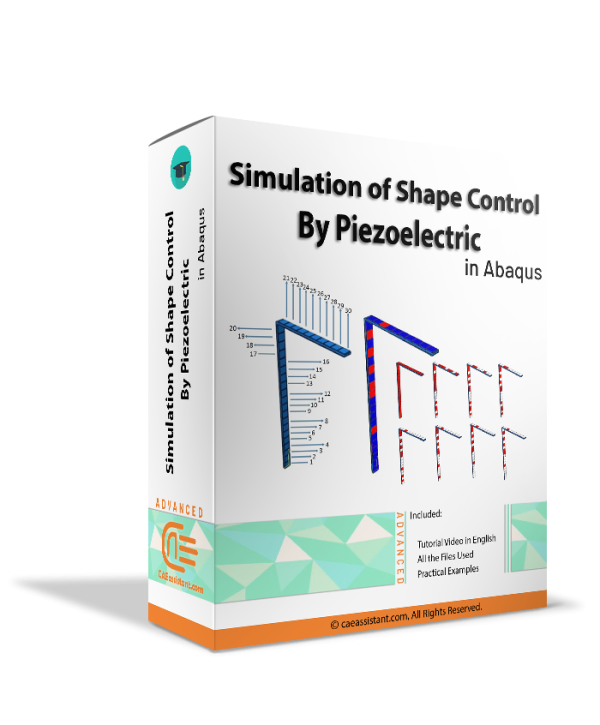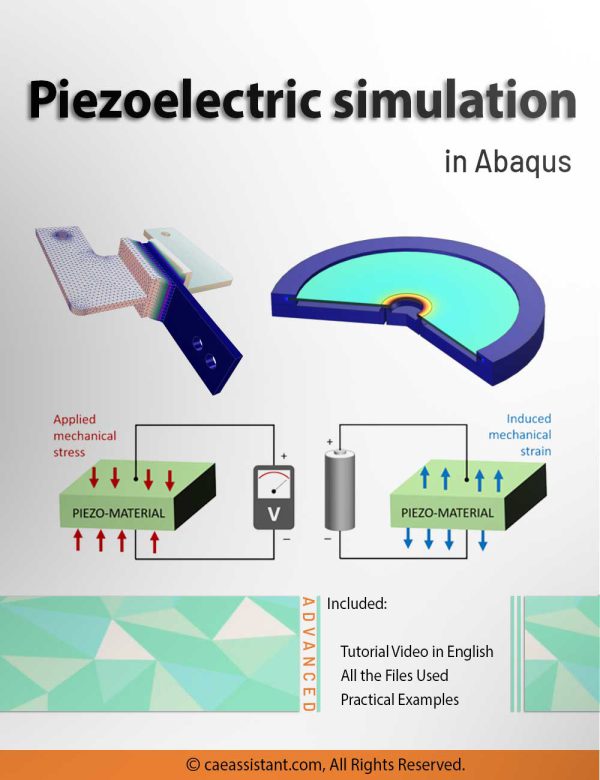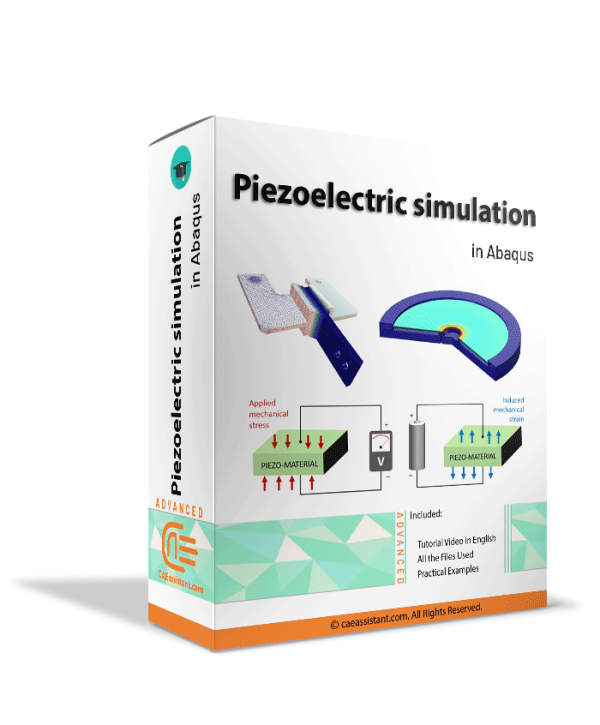Raza Khan: A Pakistani Piezoelectric Simulation Expert
Country: Pakistan
Expertise: Piezoelectric Material Simulation in Abaqus
Raza Khan is a Pakistani expert in the field of piezoelectric material simulation using Abaqus software. While his detailed educational and employment background is not publicly available, his expertise suggests a strong foundation in engineering, materials science, and computational mechanics.
Here’s a possible breakdown of Raza Khan’s profile:
Education:
Bachelor’s degree in Mechanical Engineering or a related field from a reputed Pakistani university.
Master’s degree in Materials Science or Engineering Mechanics (possibly with a focus on computational modeling).
Experience:
Project experience in finite element analysis (FEA) using Abaqus software.
Involvement in simulating the behavior of piezoelectric materials under various loading conditions.
Potential experience in a research institution or engineering firm focused on piezoelectric applications (e.g., sensors, actuators, energy harvesting).
Piezoelectric Simulation Expertise:
Raza Khan’s expertise lies in using Abaqus, a powerful FEA software, to simulate the behavior of piezoelectric materials. Piezoelectric materials exhibit a unique coupling between electrical and mechanical properties. When mechanically stressed, they generate an electric charge, and conversely, applying an electric field can cause them to deform.
Khan’s capabilities likely encompass:
Material Modeling: Defining the complex constitutive behavior of piezoelectric materials within Abaqus.
Mesh Generation: Creating appropriate meshes for accurate simulation of piezoelectric response.
Loading and Boundary Conditions: Applying various mechanical and electrical loads to simulate real-world scenarios.
Post-Processing: Analyzing simulation results to understand stress, strain, electric potential, and other key parameters.
By leveraging his expertise in Abaqus and piezoelectric materials, Raza Khan can play a crucial role in designing and optimizing piezoelectric devices for various applications.



